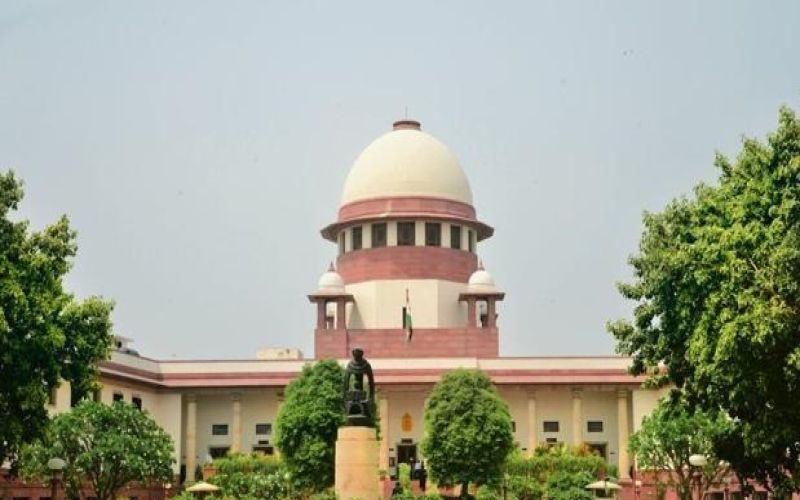
Directors who have resigned before issuance of cheque shall not be held liable for prosecution: Rules Supreme Court.
The case revolved around a complaint alleging cheque dishonor due to insufficient funds, invoking Section 138 of the Negotiable Instruments Act, 1881.
Supreme Court: Resigned Director Not Liable for Cheque Bounce In a recent landmark ruling, the Supreme Court of India clarified that a director who resigns before a company issues a cheque cannot be held accountable for its bounce. The court's decision, grounded in Sections 138 and 141 of the Negotiable Instruments Act, emphasizes the legal protection afforded to directors who have severed ties with a company. The case revolved around a complaint alleging cheque dishonor due to insufficient funds, invoking Section 138 of the Negotiable Instruments Act, 1881. However, Justices B.R. Gavai and Sanjay Karol scrutinized the timeline, noting that the director's resignation preceded the issuance of the disputed cheque. They emphasized that the director had submitted Form 32 in compliance with the Companies Act, 1956, indicating the termination of their association with the company. The court highlighted the dates, with resignations occurring on December 9th, 2013, and March 12th, 2014, while the cheque in question was issued on March 22nd, 2014. This chronological distinction absolved the resigned director from any responsibility for the company's affairs at the time of the cheque issuance. Represented by AOR K. Parameshwar, the appellant successfully argued that the director had no involvement in the issuance of the cheque, as evidenced by Form 32 and the resignation dates. Conversely, AOR Sumeer Sodhi represented the respondent. The court's ruling underscores the significance of Form 32, which unequivocally demonstrates a director's disassociation from the company and absolves them of liability for subsequent financial transactions. By aligning with the Companies Act and prioritizing legal compliance, the Supreme Court reaffirmed the protection afforded to directors who have formally resigned from their positions before the occurrence of financial obligations.
Click View